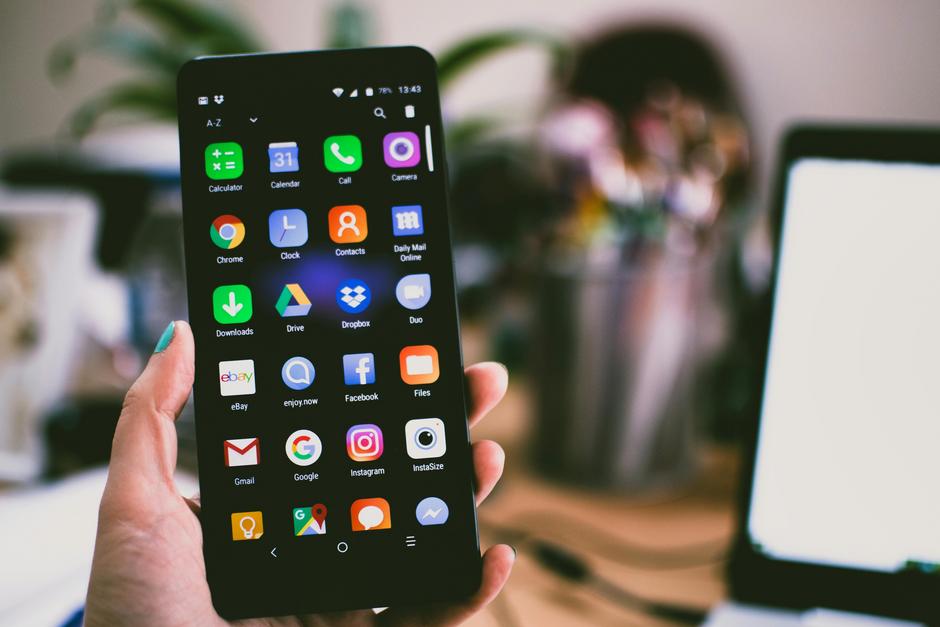In today’s fast-paced digital world, mobile marketing has become a cornerstone for businesses striving to reach consumers effectively. The dynamic landscape of mobile technology and consumer behavior evolves rapidly, making it crucial for marketers to stay abreast of the latest trends. These shifts not only influence how consumers interact with brands but also dictate the strategies businesses must adopt to remain competitive. By understanding current trends, marketers can craft successful campaigns tailored to modern consumer expectations.

Understanding current mobile marketing trends
Mobile marketing has transcended traditional advertising approaches, ushering in an era characterized by personalization and data-driven strategies. One significant trend is the increased reliance on data analytics to understand consumer habits and preferences, which is a key aspect of digital marketing campaign metrics. Businesses are now leveraging advanced analytics to create personalized user experiences that resonate with individual needs. For example, retailers use browsing data and purchase history to offer tailored product recommendations, enhancing customer satisfaction and boosting sales.
Moreover, the rise of voice search technology is reshaping how consumers seek information on mobile devices. As voice assistants like Siri and Alexa become ubiquitous, marketers recognize the need for voice-optimized content. This adaptation ensures their visibility in search results, aligning with consumer tendencies to use conversational queries. Companies that adapt their SEO strategies to accommodate voice search can gain a competitive advantage, tapping into new user bases that prefer verbal over typed interactions.
Additionally, mobile marketing is being transformed by the integration of augmented reality (AR) experiences, which offer innovative ways for consumers to interact with products. Brands can provide immersive, interactive experiences through AR applications, allowing users to visualize products in real-world settings before purchase. This trend not only enhances customer engagement but also fosters brand loyalty, as consumers are more likely to connect with brands offering unique, value-added experiences. Adopting AR can set a business apart by offering memorable interactions that differentiate it from competitors.
The rise of augmented reality in mobile marketing
Mobile marketing has evolved significantly, adopting new technologies to create captivating user experiences. Among these advances, augmented reality (AR) has emerged as a game-changer. By seamlessly blending virtual elements with the physical world, AR provides a unique opportunity for brands to captivate and engage consumers like never before. This technology not only enhances interactive experiences but also helps forge deeper connections between companies and their audiences.
The adoption of augmented reality in mobile marketing is rapidly transforming how brands communicate with consumers. AR allows customers to interact with products in a way that feels personal and engaging. For instance, brands like IKEA have enabled users to visualize furniture in their homes using their smartphones, making the shopping experience both interactive and exciting. Such immersive experiences enhance user engagement and foster a more profound connection to the brand.
Moreover, AR in mobile marketing offers unique opportunities for storytelling, which is an effective storytelling in social media. Companies can build narratives around their products that customers can explore interactively, creating a deeper understanding and appreciation of the brand’s values. Brands like Pepsi and Starbucks have successfully utilized AR campaigns to turn mundane activities, such as scanning a bottle or cup, into entertaining and shareable experiences. These initiatives not only captivate the audience but also increase word-of-mouth marketing as users share their experiences online.
The impact of AR on mobile marketing is profound, especially when enhancing user-driven customization and personalization. For example, beauty brands like Sephora allow customers to virtually try on makeup using AR apps. This not only provides convenience but also reduces the uncertainty of online shopping, leading to increased customer satisfaction and higher conversion rates. As a result, mobile marketing campaigns that leverage AR technology see improved user engagement and stronger consumer loyalty.
